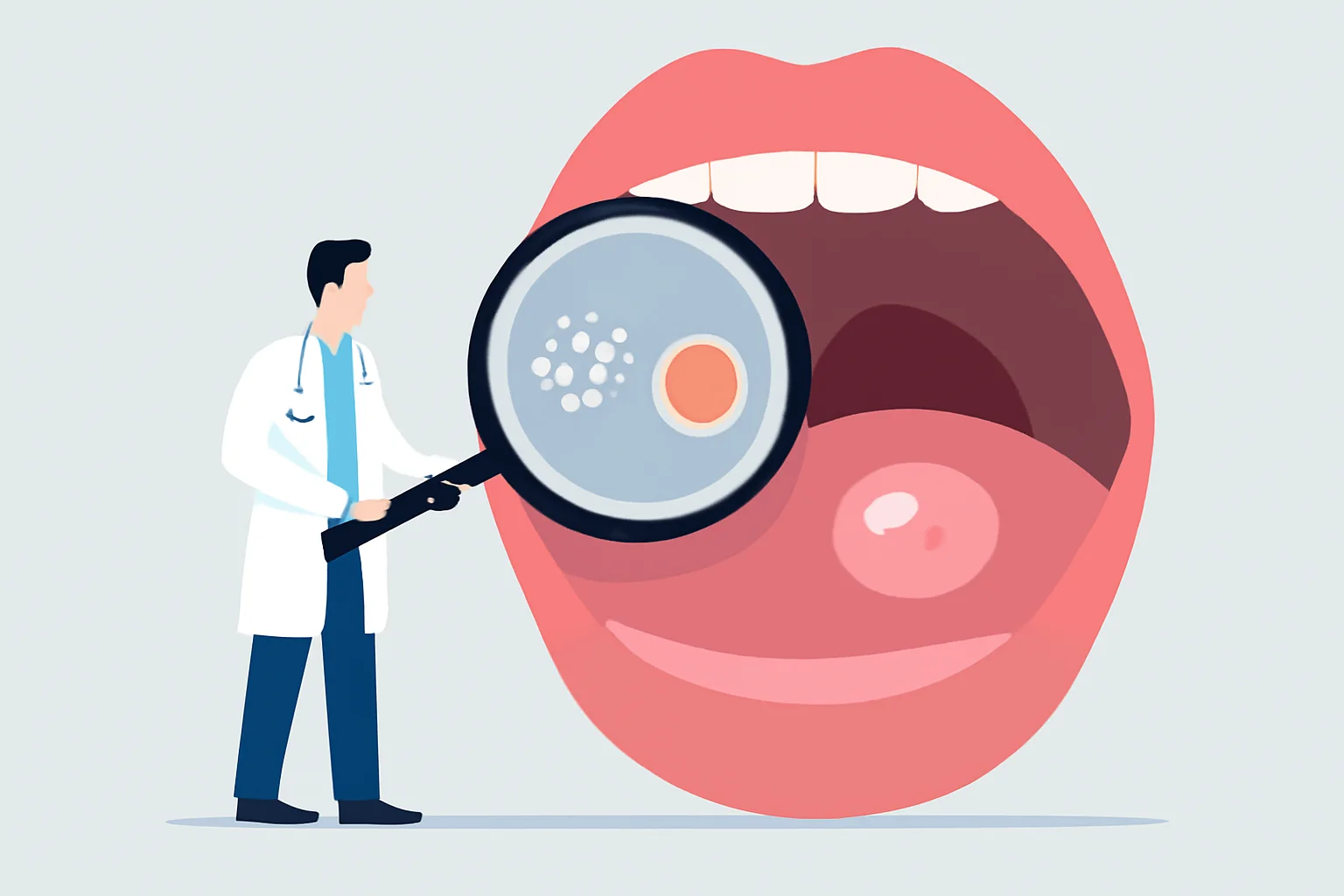
The role of chlorophyll in the life of plants and the ecosystem
Chlorophyll is one of the most important elements of plant life, enabling them to carry out the process of photosynthesis. This green pigment not only gives plants their color but also plays a fundamental role in sustaining life on Earth. Chlorophyll molecules can capture the energy of sunlight, which plants convert into carbon dioxide and water to produce food for themselves. This process is vital not only for plants but for the entire ecosystem, as oxygen is also produced during photosynthesis, which is essential for the existence of animals and humans.
Chlorophyll is not only important for plants but also plays a significant role in human nutrition. Leafy green vegetables such as spinach, kale, and broccoli are rich sources of this pigment. Chlorophyll is gaining increasing attention in the food industry and nutrition, as it is attributed with numerous beneficial effects. People are increasingly seeking natural, healthy foods that are not only rich in nutrients but also contribute to their well-being. Therefore, chlorophyll is crucial not only for plants but also for humans, and it is a wonderful gift from nature that deserves attention.
Chlorophyll: What Exactly Is It?
Chlorophyll is a green pigment found in the cells of plants, algae, and some bacteria. This pigment plays a key role in the photosynthesis of plants, during which they utilize the energy from sunlight to produce food. There are two main types of chlorophyll: chlorophyll-a and chlorophyll-b. Chlorophyll-a is the primary pigment of photosynthesis, while chlorophyll-b complements the effect of chlorophyll-a and helps in the utilization of different wavelengths of light.
The chlorophyll molecule consists of a porphyrin ring, with a magnesium ion at its center. This structure allows chlorophyll to absorb light energy from a specific spectrum, particularly blue and red light, while reflecting green light, which is why we see plants as green. This pigment is important not only during photosynthesis but also in the growth and development of plants, as it aids in the utilization of nutrients.
The effects of chlorophyll are not limited solely to plants. It also has numerous beneficial properties for the human body. Chlorophyll is a rich source of vitamins and minerals, such as vitamin C, vitamin E, vitamin K, iron, and magnesium. These nutrients contribute to maintaining health and support the immune system, gut flora, and detoxification processes.
The Beneficial Effects of Chlorophyll on Health
Chlorophyll has numerous beneficial effects that directly impact human health. One of its most well-known advantages is its detoxifying effect. Chlorophyll can bind to heavy metals and other toxins, aiding the body’s natural detoxification processes. This can be particularly important in modern lifestyles, where we are surrounded by many harmful substances.
Additionally, chlorophyll has anti-inflammatory properties, which can help in the treatment of various inflammatory conditions. The antioxidants present in it protect against the harmful effects of free radicals, contributing to slowing down cellular aging and reducing the risk of chronic diseases.
Chlorophyll also promotes gut flora health. Maintaining the balance of gut flora is crucial for digestion and the immune system. Compounds found in chlorophyll can stimulate the proliferation of beneficial bacteria while inhibiting the growth of harmful bacteria.
A healthy gut flora positively affects mood and mental health as well. Therefore, consuming chlorophyll may not only support physical health but also have a favorable impact on our mental well-being.
Sources of Chlorophyll in the Diet
The best sources of chlorophyll are leafy green vegetables and plants. Examples include spinach, kale, broccoli, parsley, and basil. These vegetables are not only rich in chlorophyll but also in other nutrients that contribute to a healthy diet.
Regular consumption of chlorophyll-containing foods can help meet our body’s nutrient needs. In addition to vegetables, chlorophyll is also found in certain algae, such as spirulina and chlorella. These algae are not only rich in chlorophyll but also in proteins and other nutrients, making them excellent supplements to our diet.
In addition to consuming chlorophyll-rich foods, chlorophyll supplements are also available on the market. These supplements are particularly popular among those who do not consume enough vegetables in their diet. However, it is important to consult with a physician before using supplements to ensure they meet individual needs.
Incorporating chlorophyll-containing foods into the daily diet not only increases nutrient intake but can also contribute to a healthy lifestyle. A varied diet rich in vegetables ensures the intake of chlorophyll as well as many other important nutrients.
Chlorophyll and Beauty Care
Chlorophyll not only has beneficial effects on health but is also becoming increasingly popular in beauty care. Many skincare products contain chlorophyll, as its antioxidant and anti-inflammatory properties can help improve skin health.
Using chlorophyll can help cleanse the skin and prevent clogged pores. Because it can bind to toxins, chlorophyll-rich products can help remove impurities and excess oil from the skin’s surface. This can be particularly beneficial for oily or acne-prone skin.
Moreover, chlorophyll has moisturizing properties, which can help maintain the skin’s elasticity and hydration. The skin needs proper hydration to ensure a healthy and youthful appearance. Using chlorophyll-rich skincare products can support this process.
While chlorophyll has many beneficial effects, it is important to note that everyone’s skin may react differently to various ingredients during skincare. Therefore, it is advisable to test products before using them regularly.
Chlorophyll can thus become an integral part of not only our health but also our beauty care routine, contributing to the health and appearance of our skin.
**Warning:** This article does not constitute medical advice. In case of health issues, everyone should follow their doctor’s advice.

